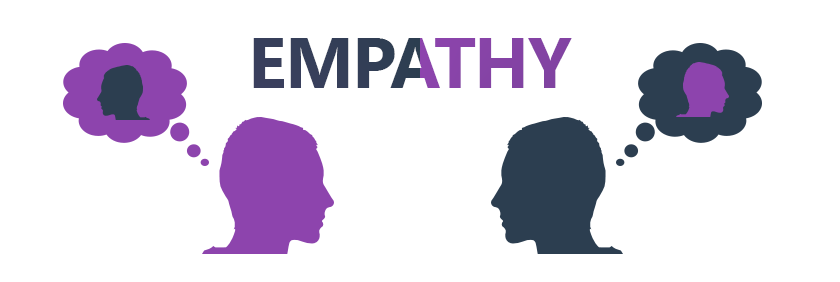Knowledge, Victory, and Empathy

There is very old advice in the martial arts, already commonplace wisdom in the days of Sun Tzu, to know yourself and know your opponent:
Hence the saying: If you know the enemy and know yourself, you need not fear the result of a hundred battles. If you know yourself but not the enemy, for every victory gained you will also suffer a defeat. If you know neither the enemy nor yourself, you will succumb in every battle. - The Art of War, L. Giles trans., III:18
To succeed in a fight or a battle or any challenge, you have to know yourself, your strengths and weaknesses. You can't develop a strategy that lets you bring your strengths to bear if you don't know what those strengths are. If you don't know your weaknesses, you can't keep your opponent from exploiting them.
And vice versa: you want to exploit your opponent's weaknesses and avoid their strengths. As I've said before, don't fight their fight.
But it's interesting that one of the best ways to understand ourselves is to understand others, and one of the best ways to understand others is to look inside ourselves. Each gives us a useful perspective on the other.
Because we're all human. Even our enemies.